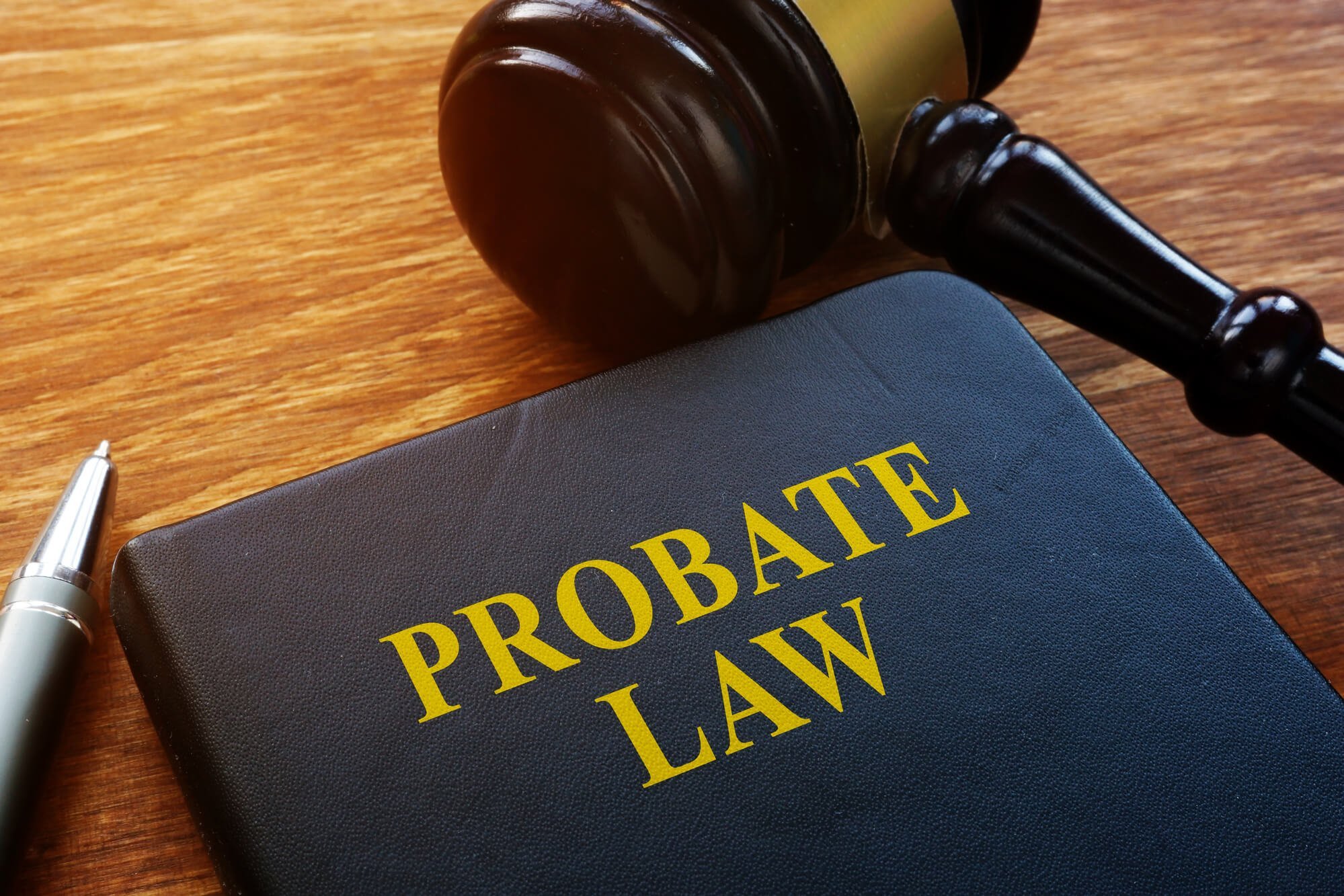Probate and letters of administration are two terms that are often mistaken for each other. Although both are necessary for distributing a deceased’s assets, they do not apply to all situations. Generally, probates apply where there is a will, while letters of administration apply where the person dies without a will. Both documents authorise a person to distribute the deceased’s assets and manage them where necessary. So, it makes sense that there is confusion surrounding them. This article will set the facts straight and explain whether probate is needed where there is a letter of administration.

Is probate necessary where there is a letter of administration?
The direct answer is no! Generally, whenever a person dies without leaving a will behind, their surviving relatives typically apply to the court for a letter of administration using Form PA1A. The implication of granting this letter of administration is that the court allows the person named as the administrator the authority to distribute the deceased’s assets without dealing with probate.
However, please note that sometimes it may be necessary to apply for probate, even with a letter of administration. Below are some of such instances:
1. When there’s a dispute between creditors and beneficiaries
Even with a letter of administration, probate is required if there is a dispute between the creditors and beneficiaries. To iron these issues out, the probate court may intervene to resolve them.

Let’s say, for instance, that one of the beneficiaries believes they deserve a greater share of the deceased’s estate. Or that a creditor believes that the deceased’s estate owes them money.
To resolve these disputes, the probate court may intervene to review the evidence the concerned parties provide and decide what belongs to who. Besides this, the court will also clarify how to distribute the assets equitably.
2. When the deceased estates are complex
Another instance where probate may be necessary even with a letter of administration is where the deceased’s assets are complex. Distributing complex assets can sometimes be a tough thing to do. Complex assets can include diverse business interests, real estate assets in different places, or a situation where the deceased held some assets in a trust.

Without a will, administrating such estates equitably can be a tough assignment. Even though the administrator has the legal right to distribute the assets, seeking the court’s intervention is best.
Applying for probate when the deceased’s estates are complex may help avoid unnecessary disputes and preserve the administrator’s integrity. In the long run, it is a win-win for everyone. This procedure is what some call probate when there is no will.
Conclusion
Determining what document applies when a loved one dies can be confusing. As for probate and letters of administration, the general rule is that you don’t need to undergo the probate process if you have a letter of administration. However, in exceptional circumstances, like when there’s a dispute between creditors and beneficiaries or where the deceased’s assets are complex, you may require the court’s intervention to share the assets properly. Since probate is not one-way, it is always good to consult a probate expert for advice on the best line of action to take.











